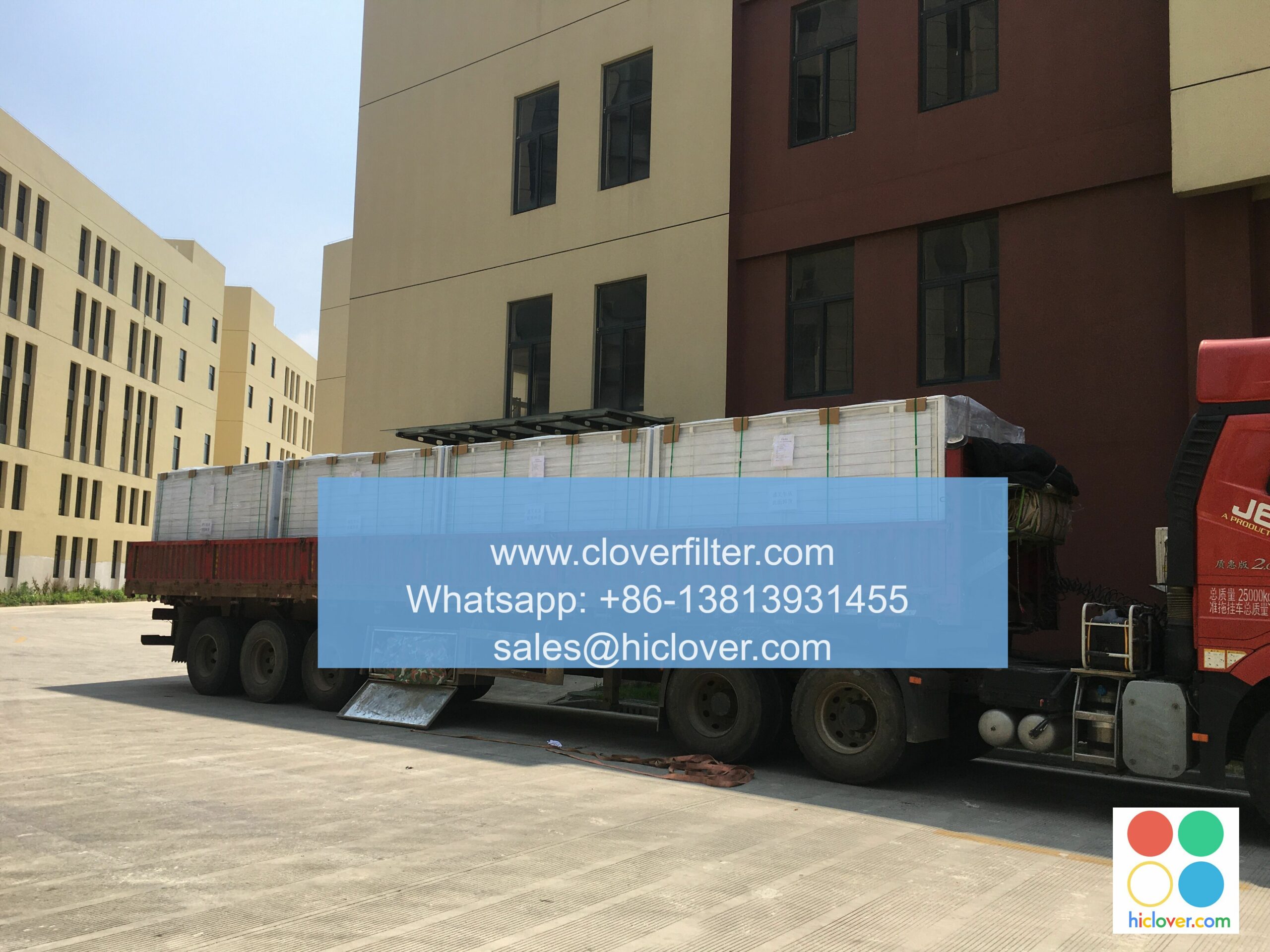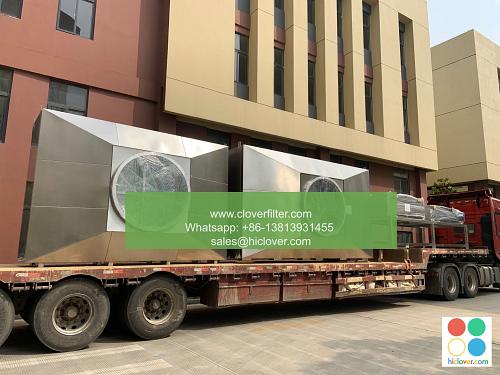The Consequences of Non-Compliance with Air Filter Industry Standards

The air filter industry is a critical component of various sectors, including industrial air filtration, commercial HVAC systems, and residential air purification. Compliance with industry standards is essential to ensure the quality, safety, and efficacy of air filters. Non-compliance can have severe consequences, affecting not only the manufacturers but also the end-users and the environment.
Regulatory Consequences
Failure to comply with air filter industry standards can lead to regulatory penalties, including fines, lawsuits, and even product recalls. For instance, the US Environmental Protection Agency (EPA) and the International Organization for Standardization (ISO) have established guidelines for air filter testing and certification. Non-compliant manufacturers may face legal action and damage to their reputation.
Performance Consequences
Non-compliant air filters can compromise indoor air quality (IAQ), leading to health risks and comfort issues for occupants. In commercial buildings, poor IAQ can result in reduced productivity, increased absenteeism, and higher energy consumption. In industrial settings, non-compliant air filters can contaminate products, damage equipment, and disrupt production processes.
Environmental Consequences
The environmental impact of non-compliant air filters can be significant. Inefficient air filters can increase energy consumption, leading to higher greenhouse gas emissions and climate change. Additionally, non-compliant air filters may release harmful pollutants into the atmosphere, contributing to air pollution and environmental degradation.
Application Areas
The consequences of non-compliance with air filter industry standards can be seen in various application areas, including:
* Healthcare facilities: Non-compliant air filters can compromise patient health and safety.
* Food processing industries: Non-compliant air filters can contaminate food products and damage equipment.
* Pharmaceutical industries: Non-compliant air filters can compromise product quality and safety.
* Commercial offices: Non-compliant air filters can affect employee health and productivity.
Conclusion
In conclusion, non-compliance with air filter industry standards can have severe consequences, affecting various aspects of the industry, including regulatory compliance, performance, and environmental sustainability. Manufacturers must ensure that their air filters meet or exceed industry standards to avoid penalties, reputation damage, and environmental harm. By prioritizing compliance and quality, manufacturers can provide safe, effective, and efficient air filters for various application areas, ultimately protecting human health and the environment. You haven’t asked a question or provided a prompt for me to respond to. Please go ahead and ask your question, and I’ll do my best to provide a helpful and direct answer.

